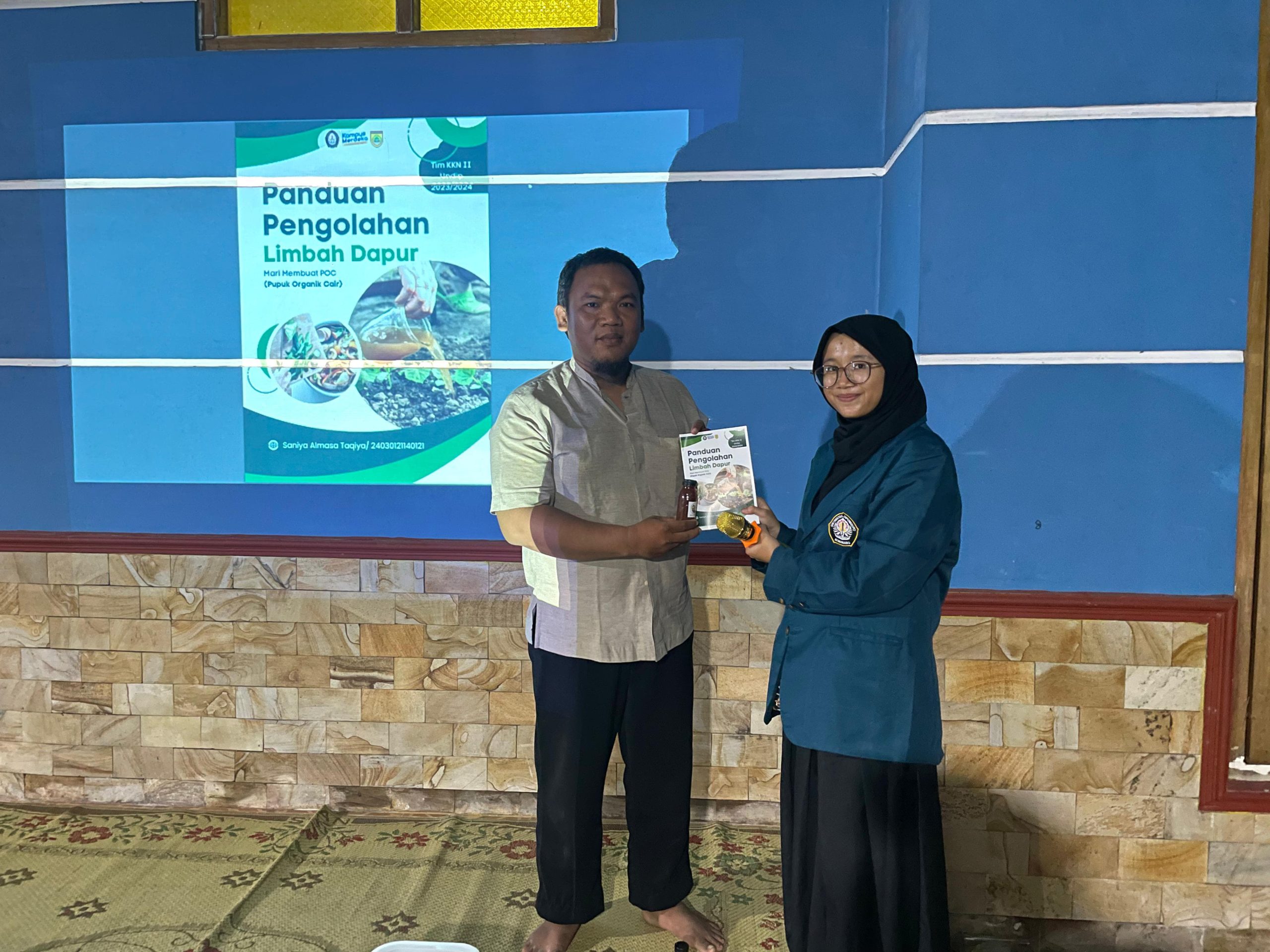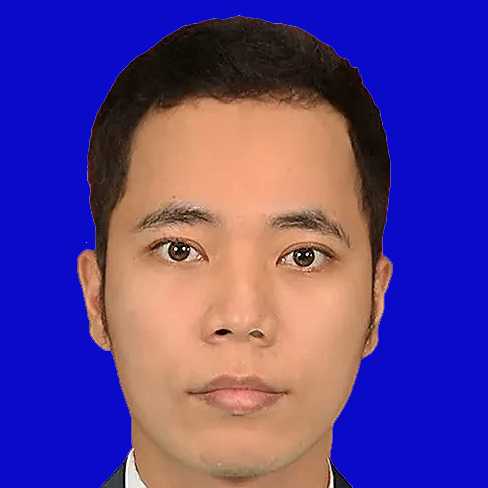Sukoharjo (04/08/24)– Saniya Almasa Taqiya, one of Undip’s KKN students in Pondok Village, RT02/RW02, carried out an innovative work program by holding an activity to make Liquid Organic Fertilizer (POC) from kitchen organic waste. This activity involved active participation from Family Welfare And Empowerment Organization (PKK) women and local fathers, who enthusiastically took part in the process of making POC as an effort to support environmentally friendly agriculture in their villages.
The event, which took place on August, 3rd 2024, began with socialization regarding the importance of processing kitchen waste as a basic ingredient for making organic fertilizer. In this outreach, the KKN Team provided an understanding of the benefits of POC, not only in increasing soil fertility, but also in reducing the amount of household waste which is usually just thrown away. POC is very good for plants because it is rich in nutrients that plants really need, such as oxygen (N), phosphorus (P), potassium (K) and carbon.
After the socialization, participants were invited to practice directly how to make a POC. By using kitchen waste such as vegetable scraps, fruit peels, and other food waste, they learn to process these materials into liquid fertilizer that is rich in nutrients for plants. The process of making POC is not only easy, but also requires very low costs, so it is very suitable for application in rural environments.
One of the local fathers who took part in this activity, Mr. Mustofa, expressed his appreciation for this program. “This is new knowledge for us. It turns out that kitchen waste can be reused to fertilize plants in the yard. “Apart from saving money, we also help reduce waste,” said Mr Mustofa.

This activity closed with the distribution of the results of the POC that had been made to all participants, handing over the POC making module, handing over mini composter equipment containing the basic ingredients of liquid organic fertilizer so that it could be continued by the local community. It is hoped that this activity can be directly used for farming purposes in their respective homes. The KKN team is also committed to continuing to monitor and provide assistance to residents in developing POC independently in the future.
This work program is a concrete form of contribution from KKN students in supporting food security and environmental sustainability in Pondok Village. It is hoped that through activities like this, people will become more aware of the importance of good waste management and will be able to independently create innovations to improve their welfare.
Author: Saniya Almasa Taqiya/24030121140121
Collage Major: Chemistry
DPL: Dr. Asep Muhammad Samsudin, ST, MT
Location: Desa Pondok, Kecamatan Grogol, Kabupaten Sukoharjo




